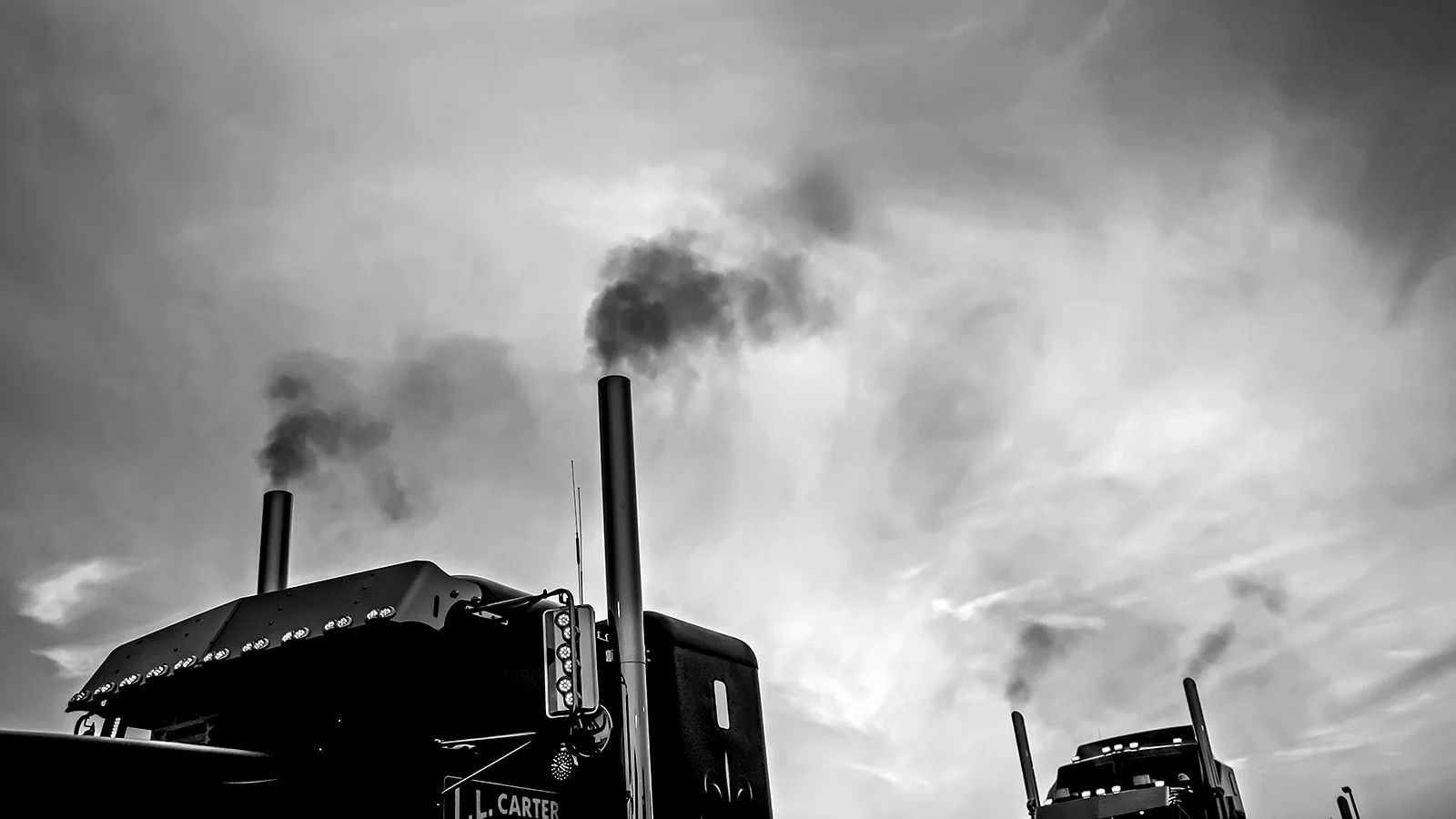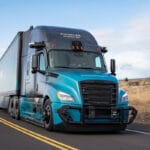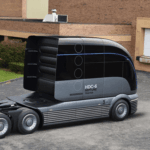California is leading the charge in reducing greenhouse gas emissions with new regulations set to take effect on January 1, 2024. According to a rule from the California Air Resources Board, diesel trucks weighing at least 14,000 pounds with engine model years older than 2010 cannot be registered with the Department of Motor Vehicles. This rule will affect truckers in the state, as they will need to replace their older diesel trucks with newer models that meet the emissions standards.
However, this is just the beginning of California’s push towards zero-emission vehicles (ZEVs). By 2035, the state aims to have 100% of new light- and medium-duty vehicles sold in the state be ZEVs. In addition, half of all new trucks purchased by state and local governments would be zero-emission in 2024, increasing to 100% by 2027.
While this may seem like a positive step towards reducing emissions, the American Trucking Associations (ATA) President and CEO Chris Spear has voiced concerns about the practicality of the new regulations. According to Spear, the infrastructure to support zero-emission trucks does not yet exist, and the trucks themselves are significantly more expensive than their diesel counterparts. This could lead to higher prices for goods and services delivered to the state, as well as fewer options for consumers.
Trucking companies are just beginning to understand what it takes to successfully operate zero-emission trucks, and they may not necessarily be a one-for-one replacement for diesel trucks. This means that more trucks will be needed on California roads to move the same amount of freight.
While the ATA is in favor of advancing cleaner technologies, they believe that achievable targets and realistic timelines are important. Spear hopes that the California Air Resources Board will reverse course and allow trucking companies the freedom to choose the clean technologies that work best for their operations.
In conclusion, the new regulations set by the California Air Resources Board will affect truckers in the state, as they will need to replace their older diesel trucks with newer models that meet the emissions standards. However, the push towards zero-emission vehicles may come with challenges in terms of infrastructure and cost, and it remains to be seen whether these regulations are achievable in practice. Trucking companies will need to carefully consider their options in order to comply with the new rules while still remaining competitive.








